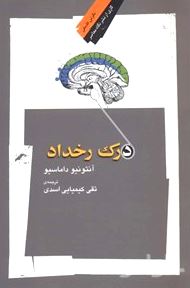|
نویسنده :
آنتونیو داماسیو
ناشر :
نگاه معاصر
۴ از ۵
|


